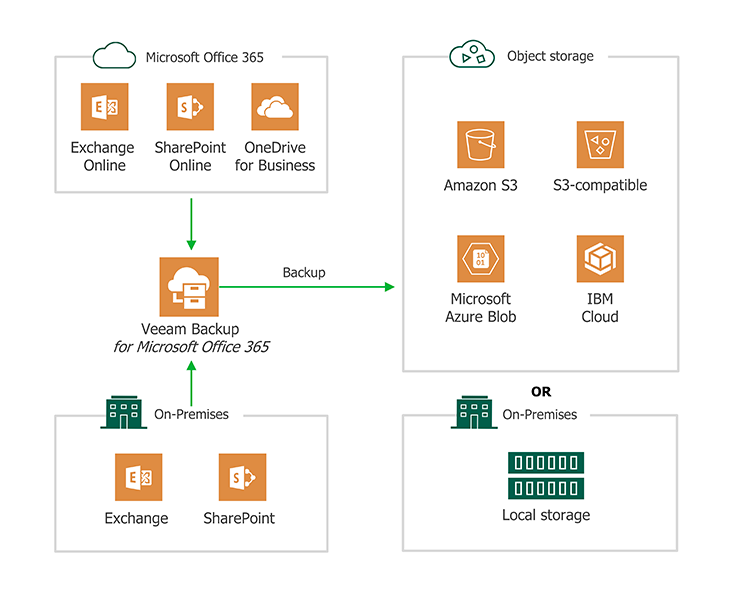

Veeam leverages it to implement the Fast Clone functionality. XFS Data Block Sharing (Reflink) provides the same benefits as ReFS in terms of speed and space consumption. Please see the full list of operations that consume task slots at the bottom of this page. For this reason it’s recommended to use thick provisioned LUNs with ReFS. Depending on the ReFS size or task requirements you may want to add up more memory but there should be no need to go over 256 GB.Ī word of caution about ReFS file systems and thin provisioned LUNs: ReFS does not support trim, unless on storage spaces, so space reclamation will not take place. 128GB of RAM are often sufficient for task, OS and ReFS requirements if the total ReFS volume size of the server is below than ~200 TB. However, you don’t have to scale this indefinitely. For ReFS based file systems the recommendation is to add 0.5 GB RAM per TB of ReFS storage.

For example:Īlways use 64 KB block allocation size. The quantity of cores required can be calculated by dividing the proxy core count by 3. 3 copies of the data (Production, Backup & Backup-Copy)Īt the repository a task slot correlates to a concurrently processed disk which would have been calculated as part of the proxy sizing.The key recommendation is to follow the 3-2-1 rule. The most common design has a primary backup on-site and a backup copy off-site.

The Veeam Backup Repository can be located wherever the environment allows it.


 0 kommentar(er)
0 kommentar(er)
